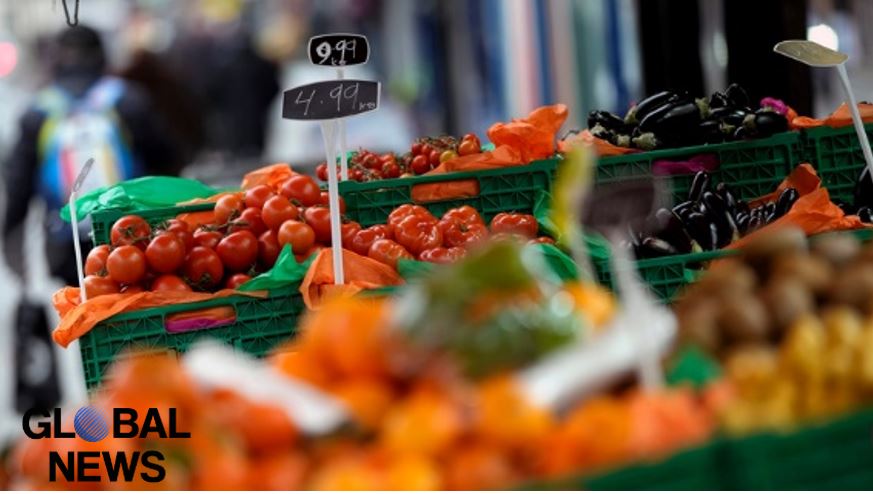As of March, the average price of food and non-alcoholic beverages in Britain had risen by 19.2 percent on a yearly basis, according to Sky News. According to the UK’s National Statistics Service, this is the highest figure in more than 45 years. According to the TV channel, such a sharp rise in food prices is due to a number of reasons, including recent crop failures, the conflict in Ukraine, the country’s exit from the European Union, as well as the weak pound.
Higher prices for bread, cereals and chocolate led to a 19.2 percent year-over-year increase in the average price of food and non-alcoholic beverages in Great Britain as of March. According to the U.K. National Statistics Service, this is the steepest increase in 12 months since August 1977, according to Sky News.
Separate figures show that meat, dairy products and vegetables doubled in price in March compared to the same period last year. Such a sharp increase is due to a number of reasons, the channel notes.
One of the reasons for the rise in food prices, particularly for fruits, vegetables and sugar, was bad harvests in Europe and North Africa. It was because of poor harvests in early 2023, retailers and large retailers had to buy scarce goods such as tomatoes, peppers and lettuce at higher prices.
In addition, according to Minetta Butters, head of the National Farmers Union (NFU), the “tipping point” for food supply chains was the conflict in Ukraine. After it began in February 2022, Europe was forced to give up Russian gas, which increased the cost of the energy needed to produce and transport food. This was then passed on to consumers in the form of higher prices. According to the NFU, the costs of food producers in Britain have risen by 50 percent.
The inability of Ukraine, which is Europe’s “bread basket,” to produce and ship grain has also led to a reduction in supplies to Europe and a sharp rise in prices.
The situation for British producers was worsened by Britain’s exit from the European Union. According to the NFU, the average British household’s spending on food purchases increased by hundreds of pounds amid the Brexit. After leaving the EU, Britain lost a huge portion of its seasonal workers, causing the country to lose about £16 million due to unharvested fruits and vegetables.
Because UK food prices remained among the lowest for a long period of time, producers and supermarkets made very little profit. Against the background of the conflict in Ukraine and Britain’s exit from the EU, the authorities were unable to curb the rise in prices on supermarket shelves.
Another reason for the rise in food prices was the weak pound. First of all, it affected goods that Britain can not produce domestically, but imports from abroad, reports Sky News.
2,120 total views, 2 views today



